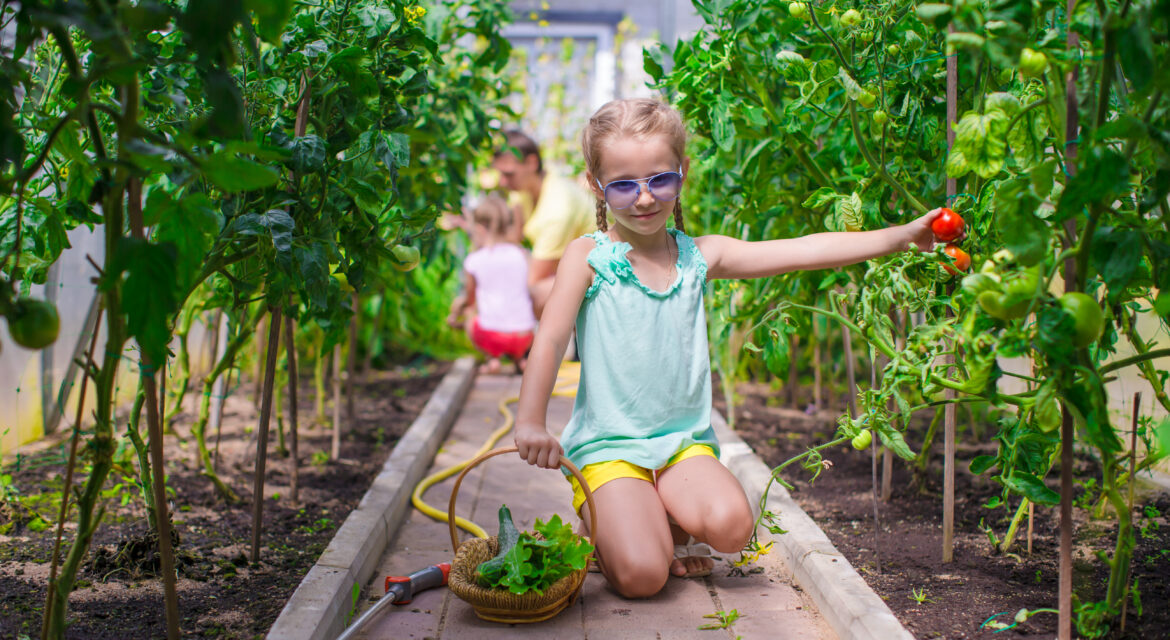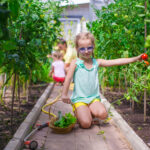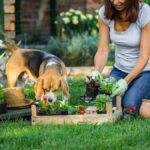There’s something magical about children getting their hands dirty in a garden, nurturing plants from seeds, and finally harvesting their very own vegetables. In today’s fast-paced, technology-driven world, the simple, grounding act of gardening offers numerous benefits for kids and families alike.
Why Gardening is Great for Kids
-
Educational Experience: Gardening teaches children about plant biology, ecosystems, and the environment. They learn where food comes from and gain an appreciation for nature.
-
Healthy Eating Habits: Kids are more likely to eat vegetables they’ve grown themselves. The excitement of seeing their hard work turn into food can transform picky eaters into vegetable enthusiasts.
-
Physical Activity: Digging, planting, weeding, and watering are excellent forms of exercise. Gardening keeps kids active and helps develop their motor skills.
-
Responsibility and Patience: Tending to a garden teaches kids about responsibility. They learn the importance of daily care and patience, as plants don’t grow overnight.
-
Family Bonding: Gardening can be a wonderful family activity. It’s a chance to spend quality time together, working towards a common goal, and enjoying the fruits (and vegetables) of your labor.
Getting Started
-
Choose the Right Plants: Start with easy-to-grow vegetables like carrots, radishes, tomatoes, and beans. These plants are relatively low-maintenance and have shorter growing periods.
-
Create a Kid-Friendly Garden Space: Allocate a specific area for your child’s garden. Raised beds or container gardens are excellent options for small spaces and make it easier for kids to reach and care for their plants.
-
Involve Kids in Every Step: From selecting seeds to planting, watering, and weeding, involve your children in every aspect of gardening. This hands-on involvement will keep them engaged and invested in the process.
-
Teach Through Stories and Activities: Use books and activities to teach kids about gardening. Storytime with garden-themed books or creating garden crafts can enhance their interest and understanding.
-
Celebrate the Harvest: When it’s time to harvest, make it a special event. Show your kids how to pick the vegetables, and then use their bounty to prepare a family meal. This reinforces the connection between garden and table.
Conclusion
Harvesting their own vegetables gives kids a sense of accomplishment and a deeper connection to their food and the natural world. It’s a fun, educational, and rewarding activity that can cultivate lifelong healthy habits and a love for the outdoors. So, grab some seeds and start planting—your little gardeners are sure to bloom right alongside their plants.





